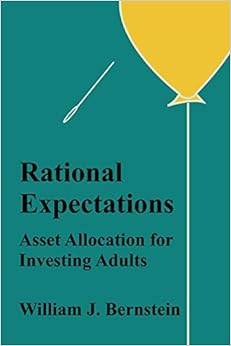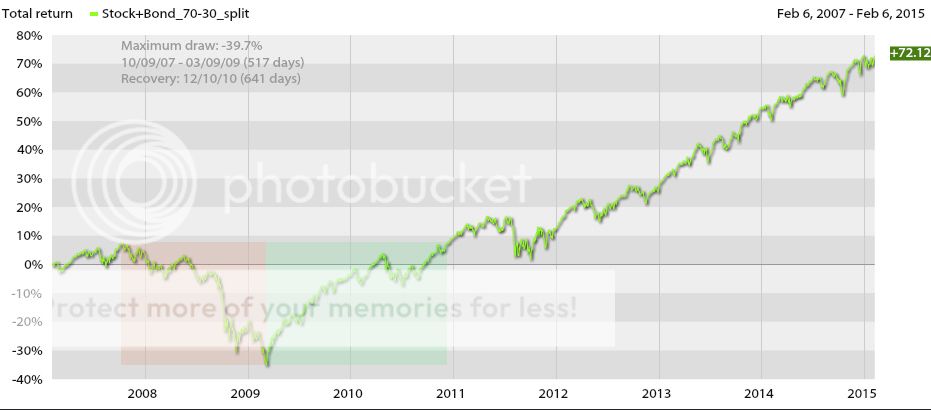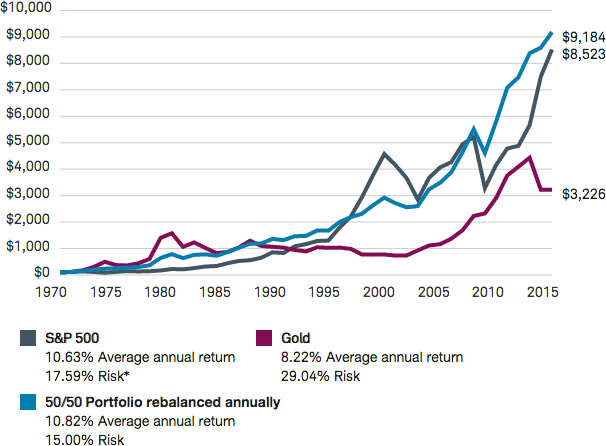Arch Guillotti
Senior Member
Staff member
Administrator
Volunteer Staff
Lifetime Donor
20+ Year Member
- Joined
- Aug 9, 2001
- Messages
- 9,560
- Reaction score
- 6,440
OK. Obviously salary and total compensation can be completely different.The only inputs are:
--total income per year of all MDs in the last few years (you are correct I meant total comp and not salary)
--desired total comp to stay on with american
--% of docs that are partners
Besides, their revenue is guaranteed to be higher per patient than the group they buy out since they have higher commercial rates.
Yeah but I would imagine that they would have to negotiate the new rate first.




